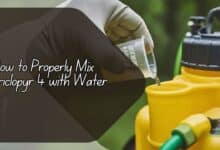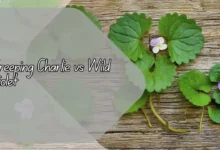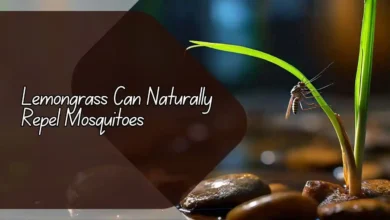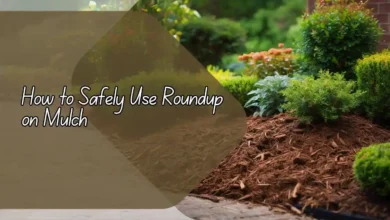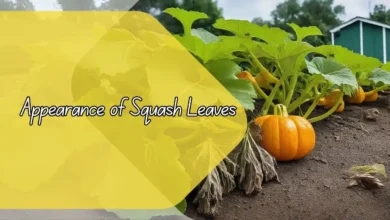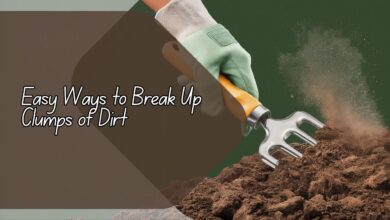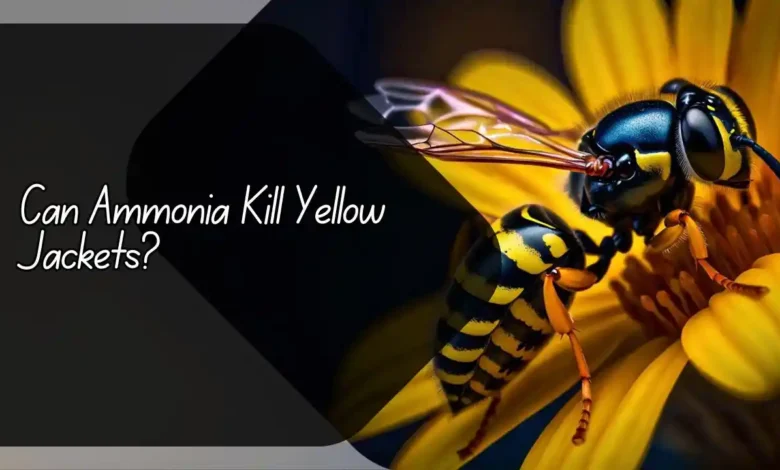
Can Ammonia Kill Yellow Jackets? The Answer Revealed
A common problem many gardeners face is dealing with yellow jackets, a type of wasp that can be aggressive and pose a threat to both humans and plants. One popular method believed to be effective in controlling these pests is using ammonia.
In this article, we will explore the question: Can ammonia kill yellow jackets? We will provide an answer based on scientific research and practical experience, as well as discuss the potential risks and benefits of using this method in your garden.
Can Ammonia Kill Yellow Jackets?
Yellow jackets are known for their territorial behavior and aggressive nature, especially when their nests are disturbed. As a result, gardeners may seek ways to control or eliminate these pests to protect themselves and their plants.
One method that has been suggested is using ammonia, a common household cleaner with a pungent odor that is believed to repel or kill yellow jackets.
Ammonia is a strong-smelling chemical compound that can be toxic to insects when inhaled or ingested. When exposed to high concentrations of ammonia, yellow jackets may be repelled or killed due to the irritating effects of the fumes.
However, it is important to note that the effectiveness of using ammonia to control yellow jackets may vary depending on the specific circumstances and the size of the infestation.
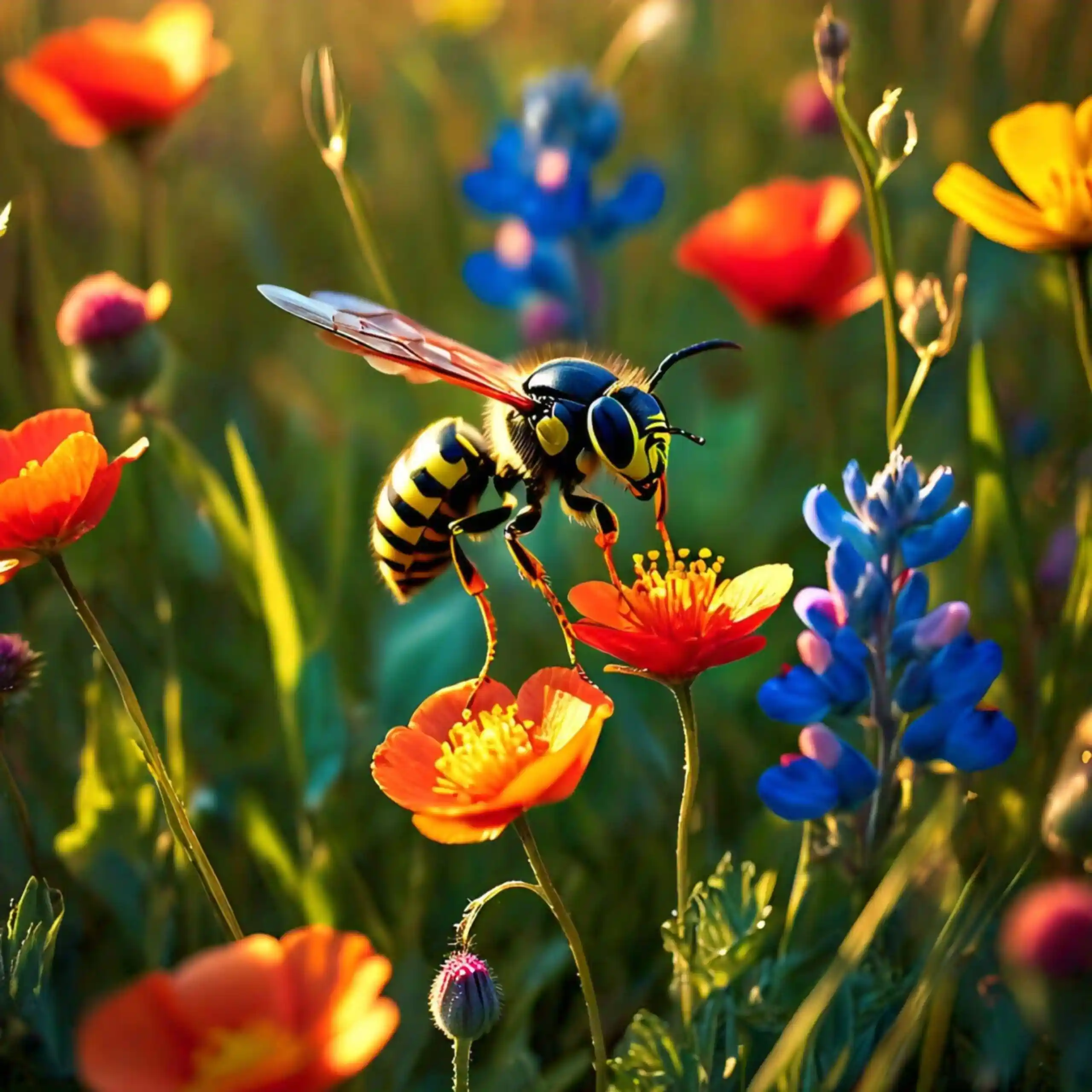
How to Use Ammonia to Control Yellow Jackets
If you are considering using ammonia to control yellow jackets in your garden, it is important to follow certain precautions to ensure your safety and the effectiveness of the treatment.
One method is to mix equal parts of ammonia and water in a spray bottle and apply the solution directly to the areas where yellow jackets are present, such as their nests or entry points.
It is recommended to wear protective clothing, such as gloves and a face mask when handling and applying ammonia to avoid skin irritation or respiratory problems. It is also important to use the solution in a well-ventilated area to minimize the risk of inhaling the fumes.
Additionally, it is essential to avoid spraying the solution on plants or surfaces that may be sensitive to ammonia, as it can be corrosive and cause damage.
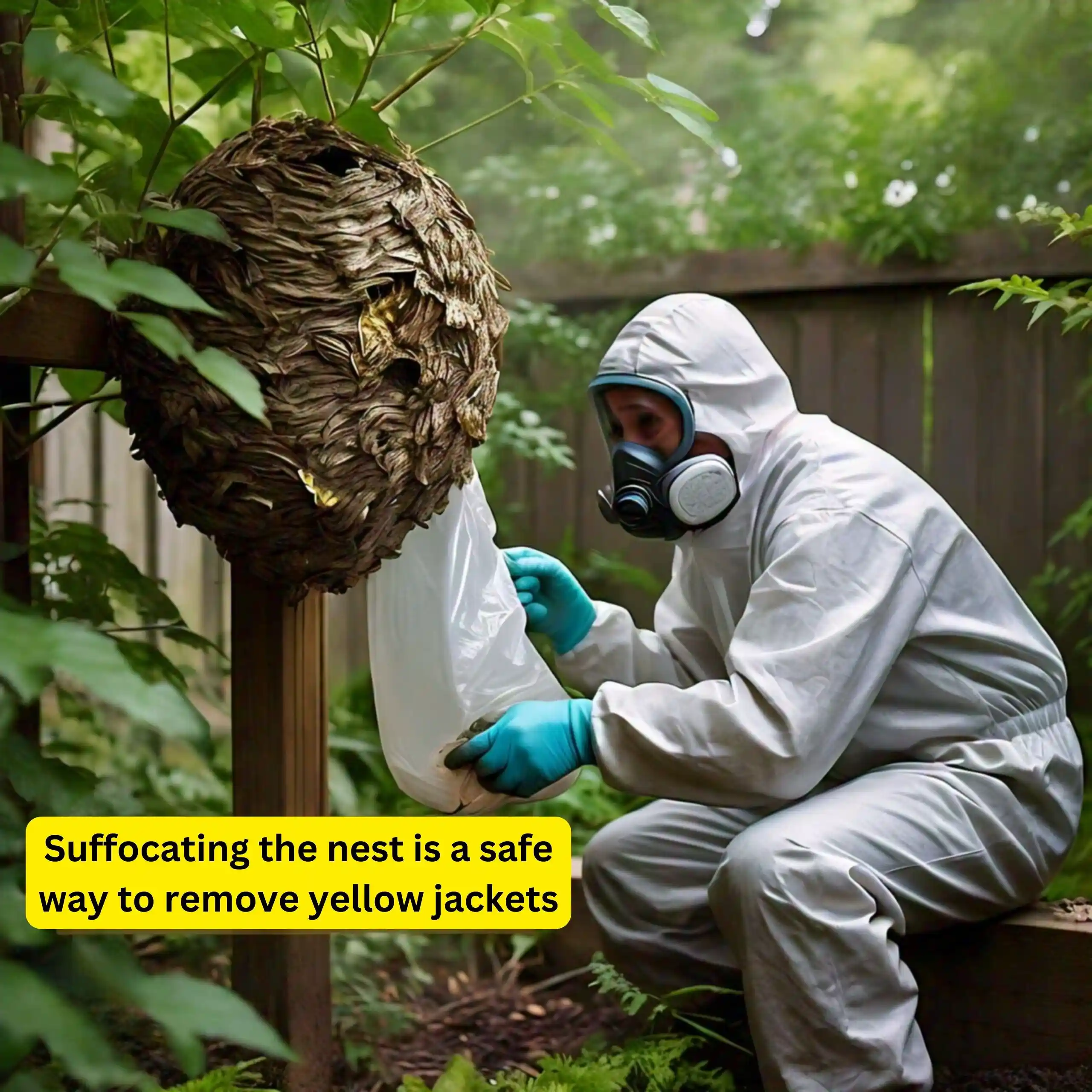
Are There Risks Associated with Using Ammonia to Kill Yellow Jackets?
While using ammonia to control yellow jackets may be effective in some cases, there are potential risks and limitations to consider before opting for this method. One concern is the potential harm to beneficial insects or other wildlife that may be exposed to the chemical, as ammonia is toxic to a wide range of organisms.
Another risk is the potential environmental impact of using ammonia, as the chemical can leach into the soil or water sources and harm plants or wildlife in the surrounding area.
In addition, the strong odor of ammonia may be unpleasant for humans and pets, and it may pose a risk of irritation or allergic reactions if inhaled or ingested.
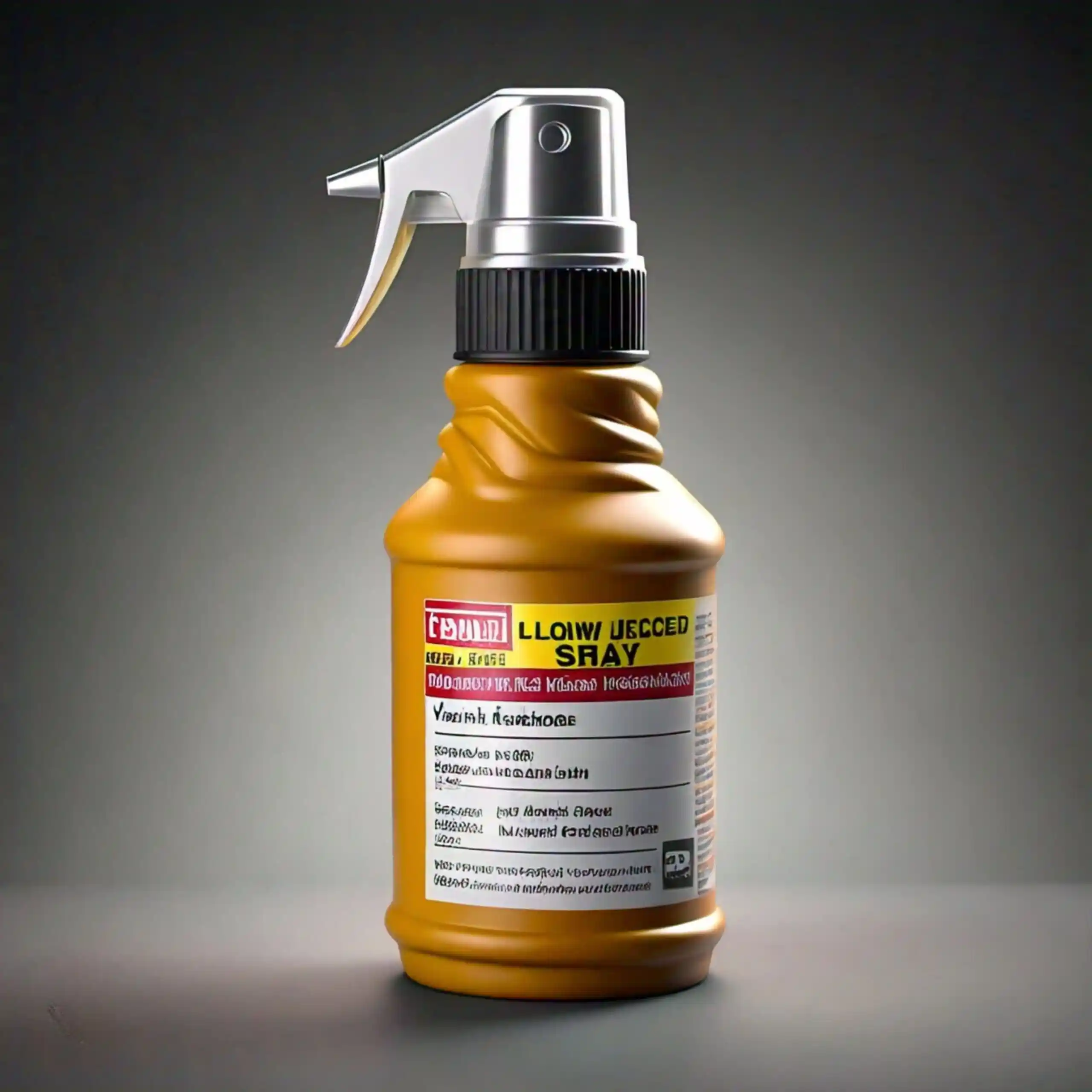
Conclusion
While ammonia may have some effectiveness in repelling or killing yellow jackets, it is important to weigh the risks and benefits of using this method in your garden. It is recommended to explore alternative pest control strategies that are less harmful to the environment and wildlife, such as using traps or natural repellents.
Before using any chemical or pesticide in your garden, it is advisable to consult with a professional pest control expert or extension agent to determine the best course of action for managing yellow jackets and other pests effectively and safely.
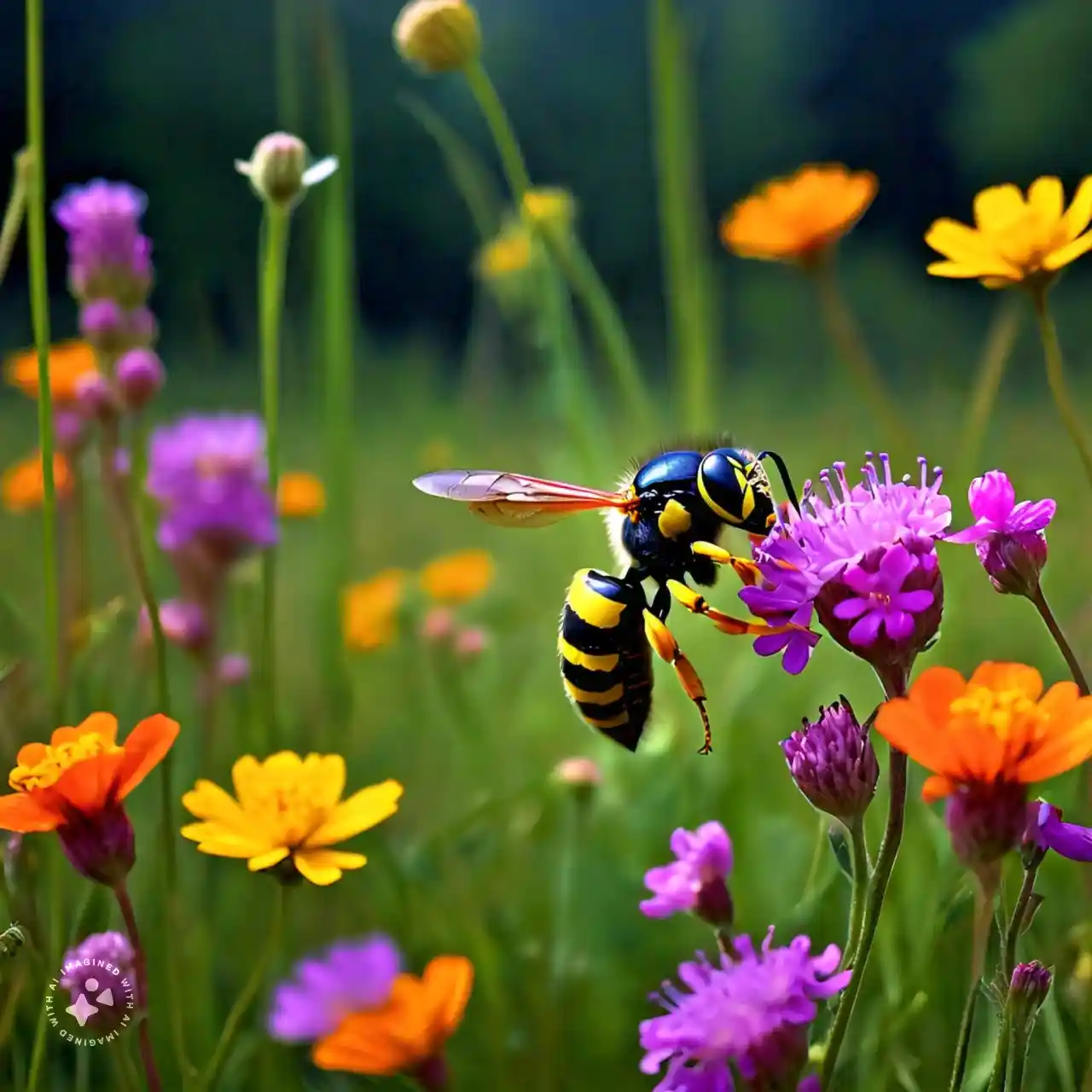
FAQs
Can I use household ammonia to kill yellow jackets?
Yes, household ammonia can be used to repel or kill yellow jackets, but it is important to follow safety precautions and consider the potential risks associated with using this method.
Will using ammonia harm my plants or garden soil?
Ammonia can be corrosive and potentially harmful to plants and soil if applied in high concentrations or in sensitive areas. It is advisable to avoid spraying ammonia directly on plants or surfaces that may be affected.
Are there alternative methods to control yellow jackets without using ammonia?
Yes, there are several alternative methods to control yellow jackets, including using traps, natural repellents, or seeking professional pest control services. It is recommended to explore these options before resorting to chemical treatments.
Can I use ammonia indoors to control yellow jackets?
It is not recommended to use ammonia indoors to control yellow jackets, as the fumes can be toxic and harmful to humans and pets. It is best to address indoor infestations with safer methods or seek assistance from a professional pest control expert.
How can I prevent yellow jackets from nesting in my garden?
To prevent yellow jackets from nesting in your garden, it is important to eliminate potential nesting sites, such as wood piles or debris, and seal off entry points to buildings or structures. Regularly inspecting your garden and taking preventive measures can help deter yellow jackets from establishing colonies in your area.
